Culture
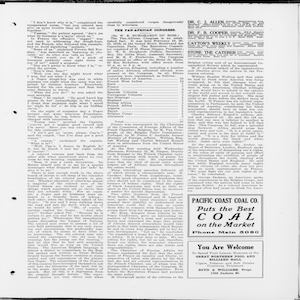
W.E.B. DuBois Details the 1919 Pan-African Congress in Newspaper Article
This article comes from Cayton’s Weekly, a historically Black newspaper published in Seattle, Washington. The article, written by W.E.B. Du Bois, offers readers insight into the 1919 Pan-African Congress held in Paris, France.

Newspaper Article Promoting the Pan-African Congress
This article appears in the August 4, 1921 edition of the Omaha, Nebraska based newspaper, The Monitor. The Monitor was an African American run newspaper and typically featured stories about African Americans.

Olympic Games Poster, Stockholm, 1912.
This is an image of a poster advertising the 1912 Summer Olympic games held in Stockholm, Sweden. This particular poster was created by the artist Olle Hjortzberg as part of an advertising campaign.
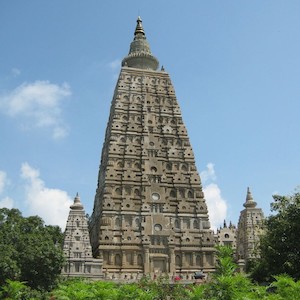
Mahabodhi Temple
This photograph shows the Mahabodhi Temple complex. The temple is a part of Bodh Gaya a religious place in the Gaya District in Bihar that is one of the four and most important pilgrimages associated with the life of Gautama Buddha.

Shipping Company Route Map from 1889
This route-map of the Messageries Maritimes shipping company displays the main routes connecting metropolitan France to its empire in the Indo-Pacific. While the map dates to 1889, these routes retained their basic structure through the 1950s.

Quilted bedcover of Elisabeth Chapman
This quilted bed cover was likely made for the marriage of John and Elisabeth Chapman on September 19, 1829.

The Love Letter by Jan Vermeer
Painted in the last phase of his career, Dutch artist Jan Vermeer’s The Love Letter is a work of oil on canvas that depict
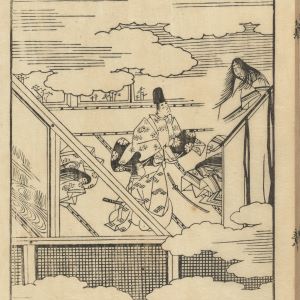
Yamamoto Shunshō’s The Tale of Genji
Largely considered the first novel, The Tale of Genji was written by Murasaki Shikibu, a noblewoman and lady-in-waiting du
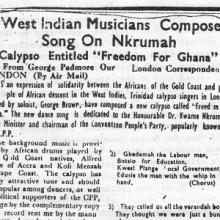
Short Teaching Module: Music and Decolonization in the Black Atlantic
The decades after World War II witnessed rapid decolonization of European empires and a dramatic increase in independence movements for colonized peoples.
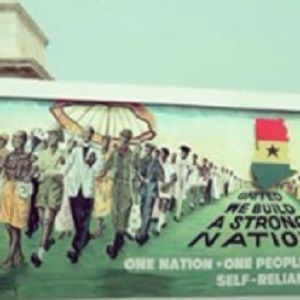
Lord Kitchener, “Birth of Ghana,” 1957
On March 6, 1957, the Gold Coast Colony declared its independence from Britain and became Ghana, the first West African nation to break from European colonial rule.